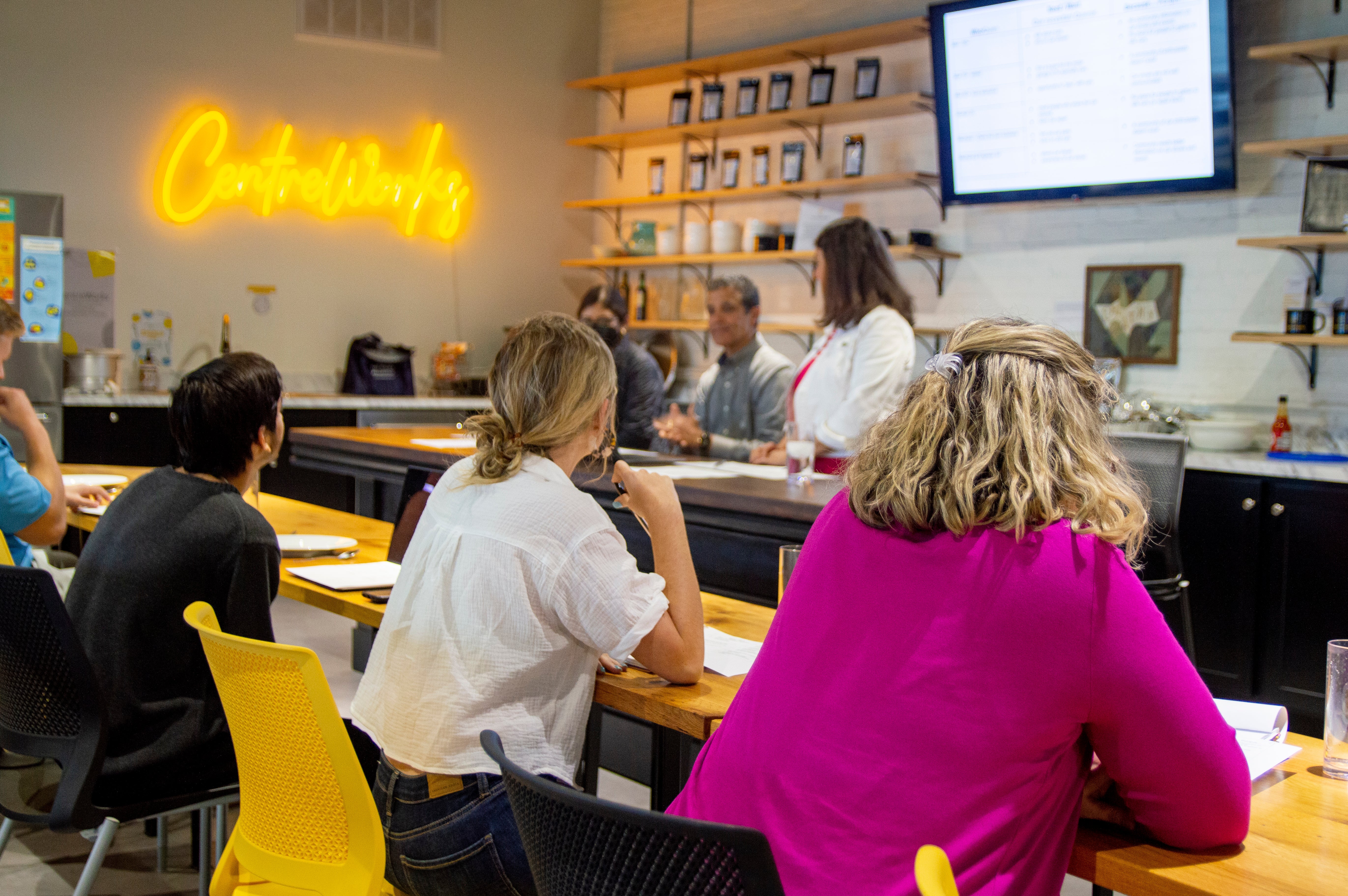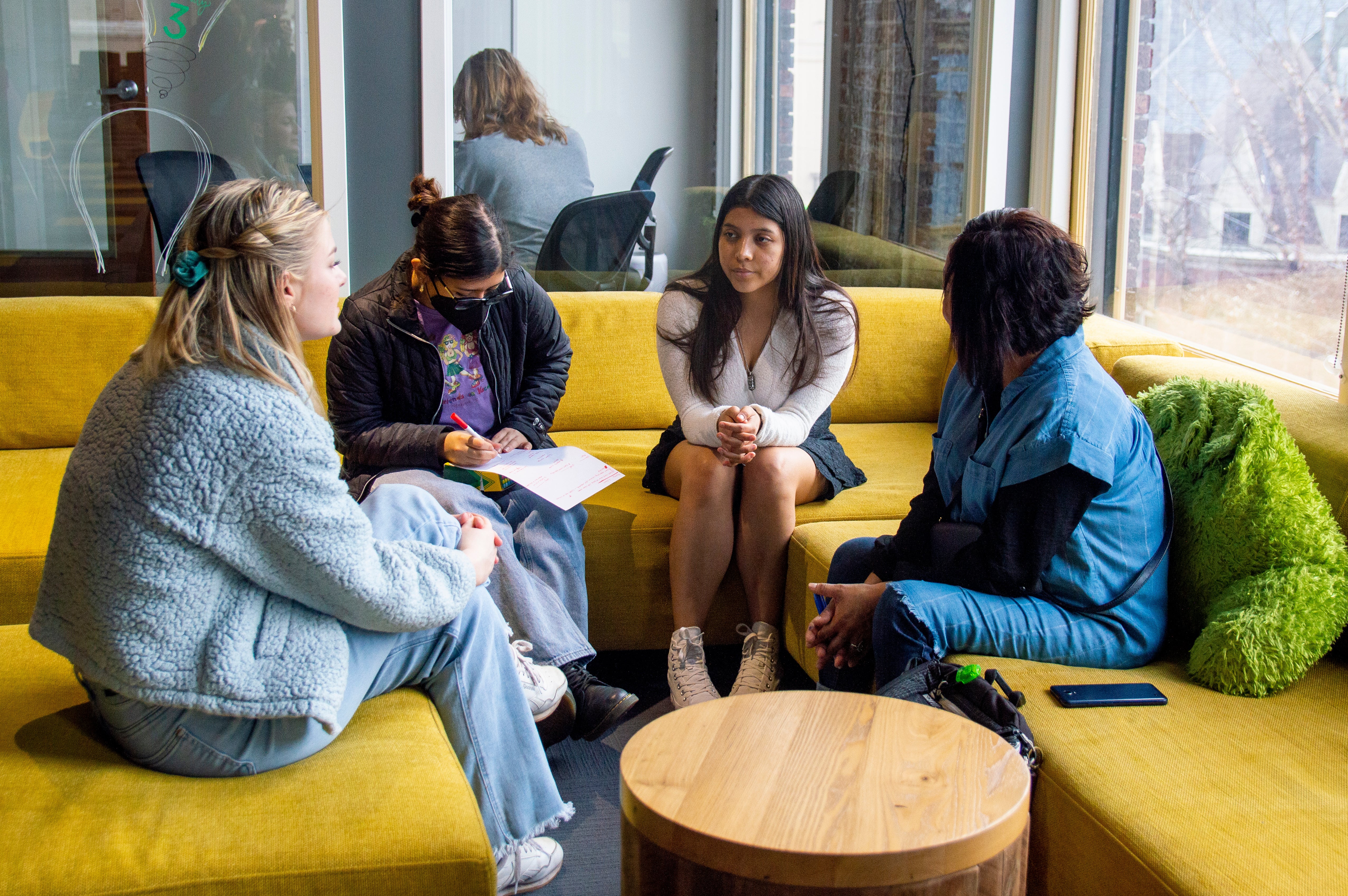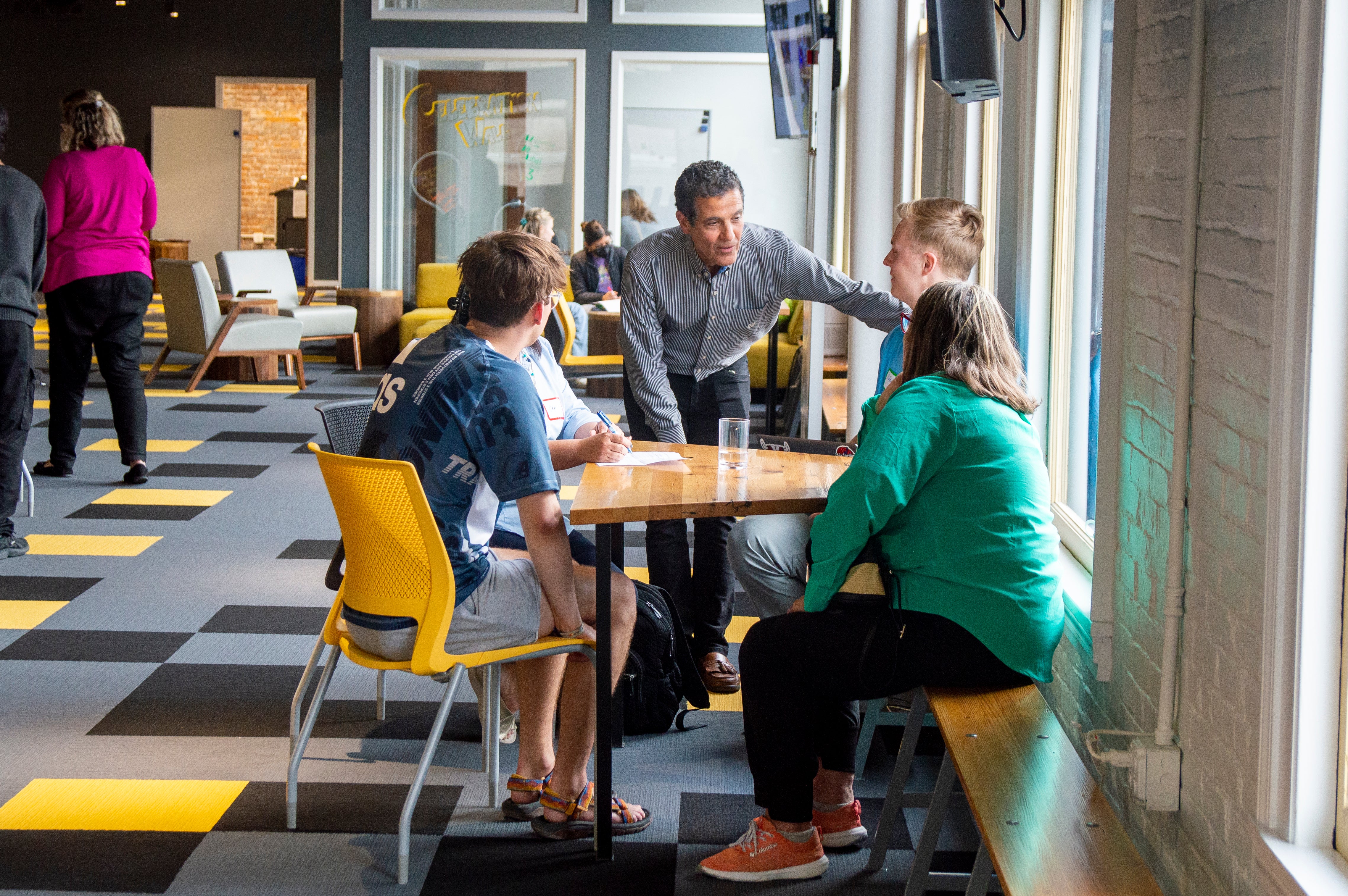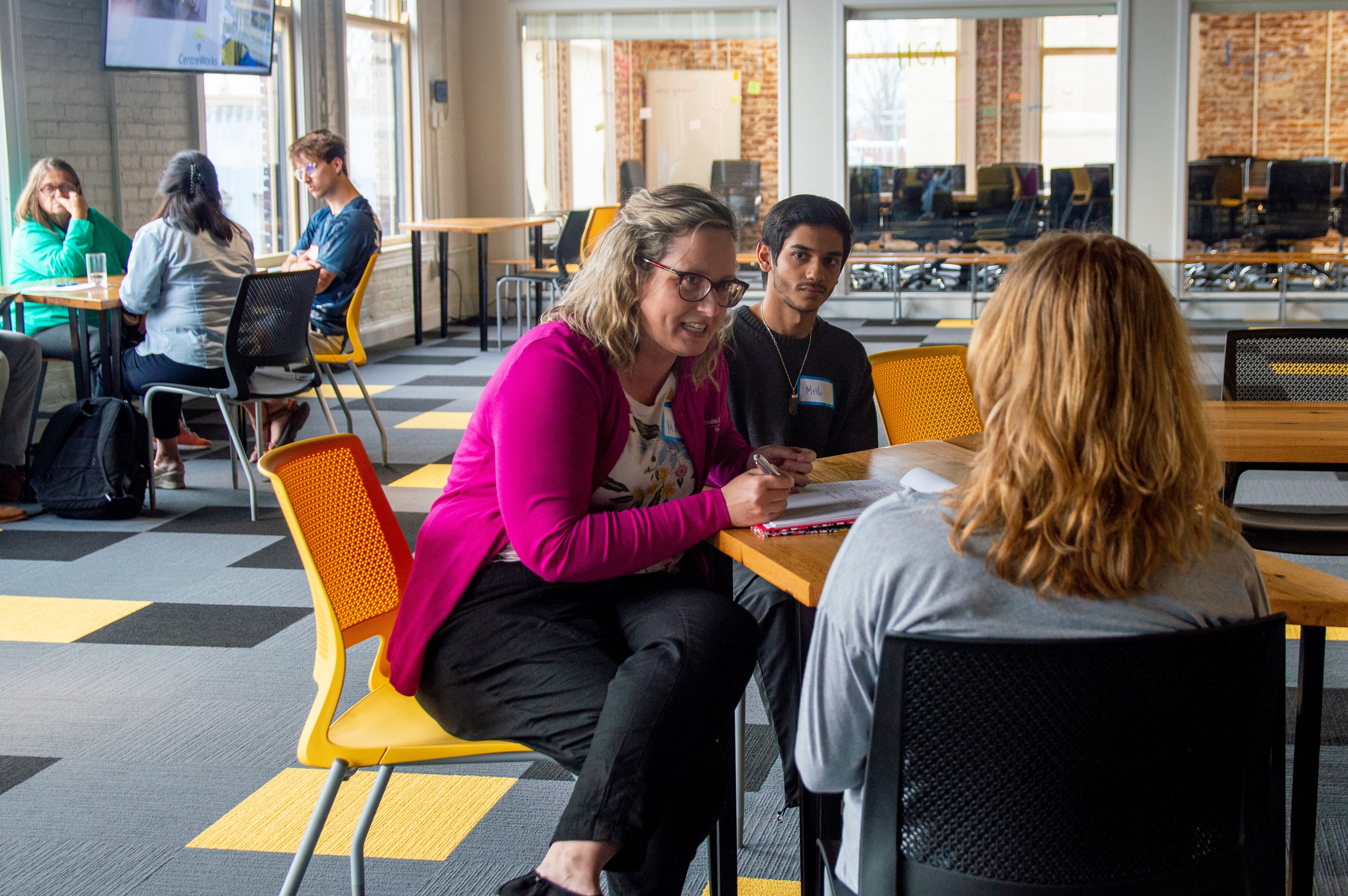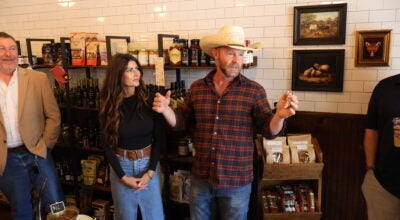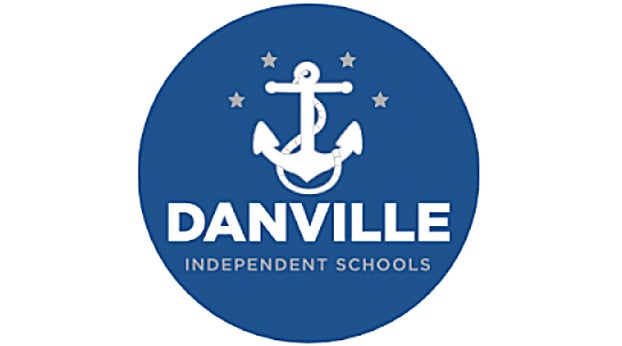CentreWorks LIFTOFF series teaches Spanish and English communities
Published 8:00 am Wednesday, April 6, 2022
CentreWorks recently began its fourth series on entrepreneurship called LIFTOFF. It held its third class for community entrepreneurs on Wednesday.
Starting the first series in September 2020 in the pandemic, the class has been virtual up until this semester. This is the first LIFTOFF to be taught in person.
LIFTOFF is a combined class for both Centre College students and community members who want to start their own business. Students work in teams with those people to develop ideas for businesses or nonprofits.
The class is a semester-long independent study course for Centre students, and it is free for community members. Directors of CentreWorks, Anthony and Andrea Margida, said they had been teaching the Centre students about entrepreneurship for four weeks before bringing in community members.
The class has already taught 30 entrepreneurs, some of whom have started businesses in Boyle County, including the Plaid Elephant bookstore which Kate Snyder founded.
About 10 entrepreneurs in the current class are looking to start restaurants, a car-repair service, downtown grocery, and a recreational and events organization. Class members conduct “empathy interviews” with people they are looking to serve, to figure out what’s important to those potential customers, and what people in the community actually want.
Two class members who speak both Spanish and English acted as translators through the entire session. Andrea said the students had volunteered to translate.
One entrepreneur who speaks Spanish, Irma, wants to sell her tamales in town. She brought in her home-made tamales for classmates to try at the Wednesday session.
After a short lesson from the Margidas, class members broke out into their groups to practice empathy interviews. Through a student translator, Irma interviewed Anthony about what’s important to him in restaurants and ordering food.
After students complete all their empathy interviews, they will work to define the problem that their business will solve. Anthony explained that businesses have to address specific needs in the community in order to succeed.
“What we see too often is for people to step into a situation and they draw on whatever’s in their brain already to say ‘I know what you need here,’” Anthony explained.
He continued, “It’s people who come in with these fixed ideas that are not community-generated and not community-supported, and they’re only going to get so far. But this process, what it guarantees, is that you have community input, community ownership, and you’re just much more likely by that process to get a solution that will be of value.”
When they define the problem, students will brainstorm business ideas and come up with specific aspects for their business to solve the problem. Then they go back to the community to test the ideas and gather feedback. After more adjustments, entrepreneurs present their final prototypes.
The class will continue for seven more weeks, and another class will start in the fall semester.
An initiative of Centre College, CentreWorks was created to connect Centre students with community members. It is a co-working space, accelerator, and incubator that serves seven surrounding counties.


